Communications Systems
EECS researchers integrate leading-edge research with practical implementation across a wide range of challenging communications systems problems. Current research efforts include delay-sensitive, energy-efficient wireless communication, multi-user communication systems and networks, advanced modulation techniques, channel coding, and synchronization. Building on a long and storied history in communication innovation, EECS researchers are developing the future Internet, mobile apps, optical sensors, RFID tags, and spectrum measurement and management techniques.
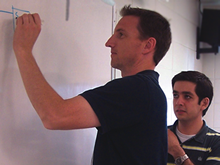
Program Objectives
- Understand fundamental principles and underlying technologies of communication systems.
- Understand how to apply communication theory principles in the design and analysis of communication systems.
- Understand how to realize communication systems, including simulation and efficient implementation.
Associated Faculty
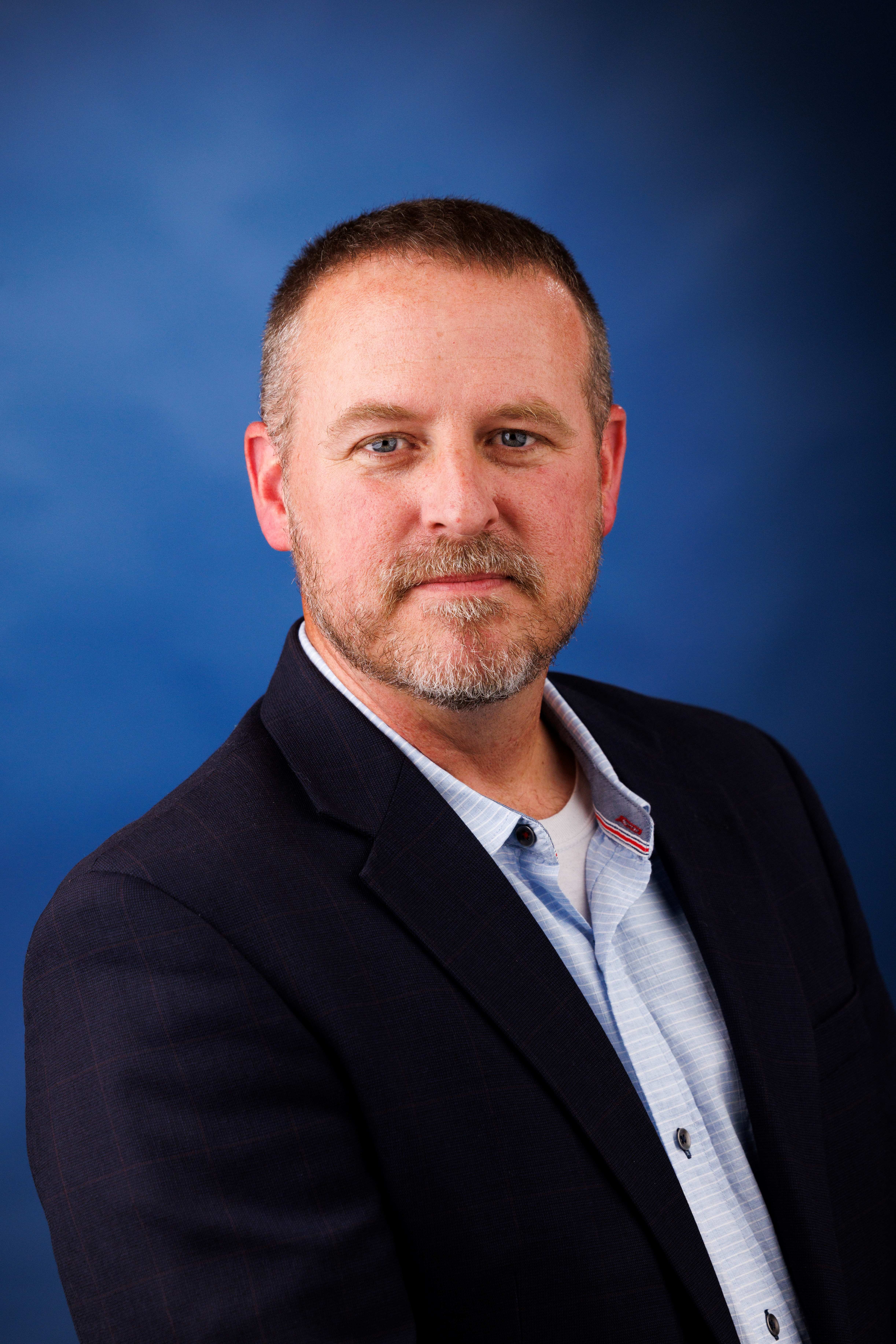
Primary Research Interests
- Adaptive Signal Processing for Radar and Communications
- Radar Waveform Optimization/Implementation
- Radar Pulse Compression
- Space-Time Adaptive Processing
- Array Processing
- Radar Spectrum Engineering
- Radar-Embedded Communications
- Interference Cancellation
- Multistatic Radar
- Biomedical Imaging
Advisory Positions
- U.S. President's Council of Advisors on Science and Technology (PCAST)
- Subject matter expert on RF spectrum for the White House Office of Science & Technology Policy (OSTP)
- Subject matter expert on RF spectrum R&D for the Office of the Under Secretary of Defense for Research & Engineering
- Subject matter expert on proactive RF spectrum sharing for the National Spectrum Consortium
- AFRL/IDA expert panel on RF spectrum warfare & communications
- Subject matter expert on radar/communication RF spectrum sharing for DARPA
- Consultant on radar waveform diversity for the Naval Research Laboratory - Radar Division
Affiliations
- IEEE AESS Radar Systems Panel (2007-2020)
- MSS Tri-Service Radar Symposium Program Committee (2010-present)
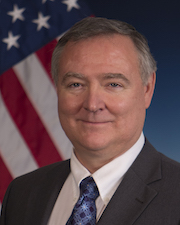
Primary Research Interests
- High-Performance Networks
- Mobile Networking and Wireless Systems
- Pervasive Computing Systems
- System Implementations
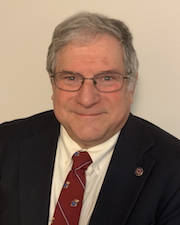
vsfrost@ku.edu
785-864-1028
http://www.ittc.ku.edu/~frost/
2054 Eaton Hall
Primary Research Interests
- Communication Systems and Networks
- Networking Simulation and Modeling
- Wireless Systems
- Internet Performance Analysis
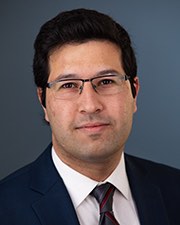
Primary Research Interests
- Data Networks
- Wireless Communications
- mmWave Systems
- Cloud and Edge Computing
- Internet of Things (IoT)
- Learning Theory and Control
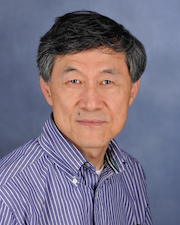
Primary Research Interests
- Optical/RF Measurement and Biosensors
- Novel Photonic Devices
- Optical Communication Systems
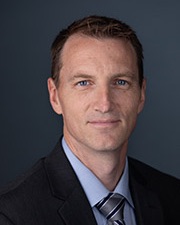
Department Chair
esp@ku.edu
785-864-4486
https://people.eecs.ku.edu/~esp/
2001G Eaton Hall
Primary Research Interests
- Digital Communication Theory
- Advanced Modulation Techniques
- Channel Coding
- Synchronization
- Multiple-Input Multiple-Output Communications
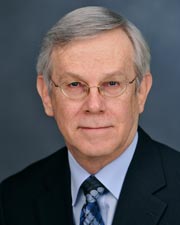
Primary Research Interests
- Software Radio Systems
- Spread Spectrum and Military Communication Systems
- Radio and Radar Signal Processing
- DSP Applications in Acoustics and Radio Signals
- Wireless Communication Systems
Associated Facilities
- Optical spectrum analyzer
- 50GHz microwave network analyzer
- 40GHz digital oscilloscope
- Tunable laser sources and optical filters
- 40Gb/s and 12 Gb/s BERTs
- Electro-optic modulators, WDM multiplexers, demultiplexers
- High-speed photodetectors
- Commercial WDM systems
- High-speed digital T/R rooftop antenna
- 360 km of fiber installed for systems-level testing
- DSP rapid prototyping system
- Circuit board fabrication facility
- Logic analyzers
- Network analyzers
- Spectrum analyzers, oscilloscopes, and function generators
- Prototype PC board fabrication tools
- RF signal generators
- Communications link simulator- Simulink
- Variety of DSP and EM design tools
Core Coursework (MS)
Courses
Note: Students must take either EECS 865 or EECS 728 to fulfill their core coursework requirement.